Home
The government was defeated by 328 to 301 on a motion to take over the business of the House, under a cabal including the former chancellor Philip Hammond, in order to introduce a Bill sponsored by Sir Oliver Letwin and Hilary Benn specifying that unless a deal is reached with the EU or parliament approves a no-deal Brexit by 19 October, the government must write to the EU seeking an extension to the Article 50 period until 31 January 2020. In response, the government removed the whip from 21 Tory members who had voted against the government, including Kenneth Clarke, Hammond and Sir Nicholas Soames. Moreover, plans were afoot to field a candidate against the Speaker, John Bercow in the next election. Boris Johnson, the Prime Minister, had declared on television: ‘I don’t want an election, you don’t want an election.’ This was immediately interpreted as meaning there would be an early election, inked in for Tuesday 15 October. But Labour proved coy in voting for a general election. A former junior minister, Phillip Lee, crossed the floor to join the Liberal Democrats (provoking the chairwoman of the Lib Dems LGBT group to resign in protest). ‘I want everyone to know there are no circumstances under which I would ask Brussels for a delay,’ Mr Johnson said. After that things got complicated. A 15-week-old Jack Russell-cross called Dilyn moved into No. 10.
Hundreds of people had earlier blocked Whitehall in protest at the announced prorogation of parliament from 10 September until mid October. In Nice, 13 people on the Promenade des Anglais held up cardboard placards saying: ‘Stop the coup.’ Sajid Javid, the Chancellor of the Exchequer, raised his voice to Boris Johnson when he found out that Sonia Khan, one of his special advisers, had been sacked in a meeting with Dominic Cummings, the Prime Minister’s senior aide. There was no evidence that Ms Khan, who formerly worked for Philip Hammond, had been involved in leaking any sensitive government information. Mr Javid found it hard to secure a slot in Commons business for his spending statement (which by its humble status had evaded the attention of the Office for Budget Responsibility). The 10th Duke of Roxburghe died aged 64.
In August, 336 migrants were found trying to cross the Channel. On one day 66 were intercepted in four small vessels. HS2, the rail line initially from London to Birmingham, will be delayed by up to five years, with the first trains running at some time between 2028 and 2031, Grant Shapps, the Transport Minister, told the Commons, even if a review before the end of 2019 allows the project to go ahead at all. Hans Rausing, the Swedish entrepreneur who made billions from Tetra Pak and moved to Sussex, died aged 93. Aeroplanes took off from Gatwick without passengers’ bags after a breakdown of the baggage belt.
Abroad
Dorian, the second-strongest Atlantic hurricane on record, caused devastation in the Bahamas, damaging perhaps 13,000 houses, and moved slowly up the east coast of the United States. A man shot seven dead at Odessa, Texas, and was shot dead by police. Foreign shops in central Johannesburg were looted and buildings set on fire; Nigeria complained at the targeting of Nigerian businesses. Argentina imposed foreign currency controls. In Italy, the Five Star Movement formed a coalition with the centre-left Democratic party, keeping Giuseppe Conte as prime minister and avoiding an election.
Thousands of students boycotted classes at the beginning of the academic year in Hong Kong, as part of the 14th week of pro-democracy protests. Earlier, protesters had blocked the way to the airport and police had used teargas, rubber bullets and water cannon. Japan began the dolphin season by driving some into the shallows of a cove near Taiji and killing them with knives.
The Taleban attacked the Afghan city of Kunduz while peace talks in Qatar continued between the United States and the Taleban. In Yemen, more than 100 were killed by a series of air strikes by the Saudi-led coalition on prisons run by the Houthi rebels backed by Iran, according to the International Committee of the Red Cross. Hezbollah fired anti-tank rockets from Lebanon into Israel, which retaliated by attacking targets in southern Lebanon. Eritrea seized seven secondary schools run by religious organisations, whether Christian or Muslim; in June, the government had seized all health centres run by the Catholic Church, leaving thousands of patients without care. CSH
Got something to add? Join the discussion and comment below.
Get 10 issues for just $10
Subscribe to The Spectator Australia today for the next 10 magazine issues, plus full online access, for just $10.
You might disagree with half of it, but you’ll enjoy reading all of it. Try your first month for free, then just $2 a week for the remainder of your first year.

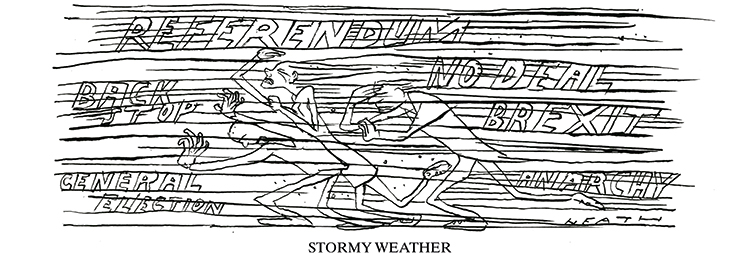
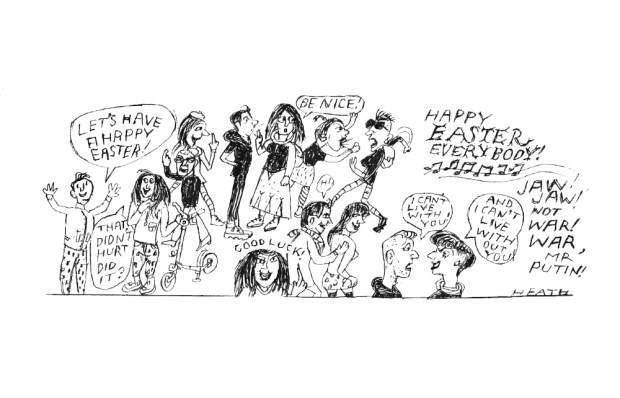
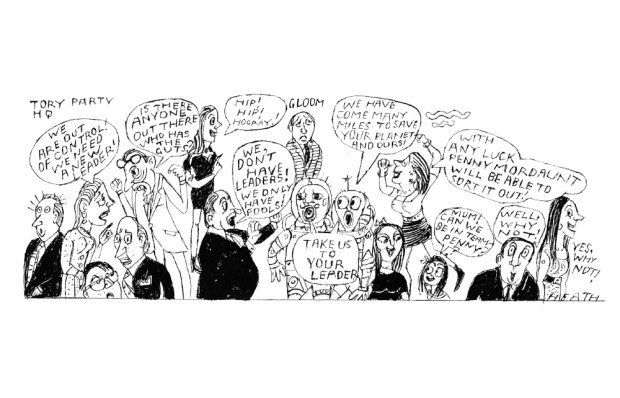

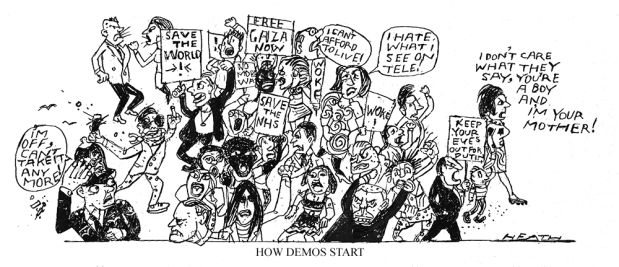
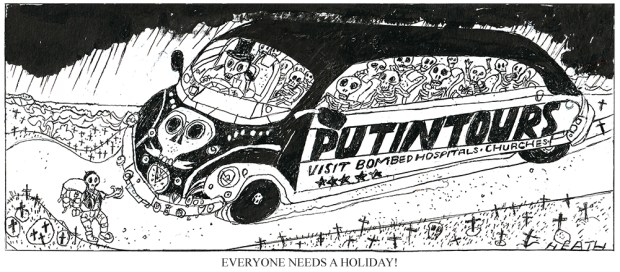
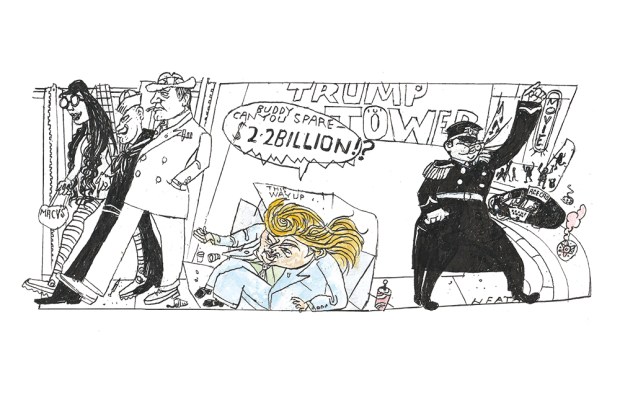






Comments
Don't miss out
Join the conversation with other Spectator Australia readers. Subscribe to leave a comment.
SUBSCRIBEAlready a subscriber? Log in